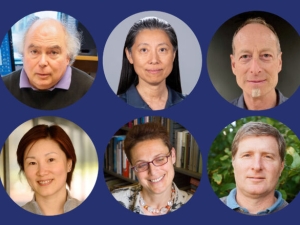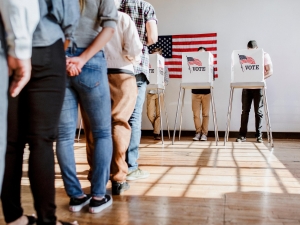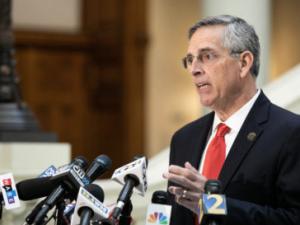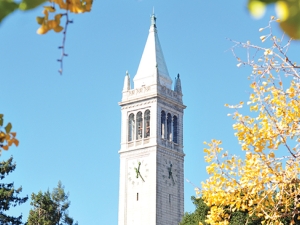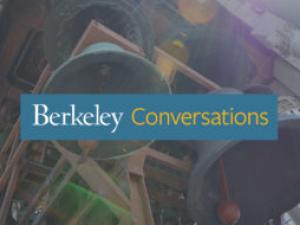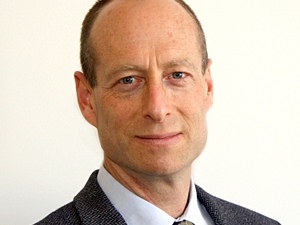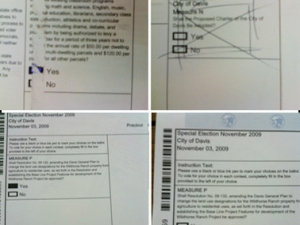

Research Bio
Philip B. Stark is a statistician whose research focuses on uncertainty quantification, risk assessment, election auditing, and reproducible science. He develops statistical methods that provide rigorous confidence measures in scientific and policy contexts, from physical science to clinical trials to public health. Stark’s work on risk-limiting audits has transformed election verification practices in the United States. His research promotes transparency, trustworthiness, and accountability in data-driven decision-making.
He is Professor of Statistics at UC Berkeley. A member of the American Academy of Arts and Sciences and fellow of the American Statistical Association and the Institute of Physics, he mentors students in applied statistics, data ethics, and scientific integrity.
Research Expertise and Interest
elections, astrophysics, law, statistics, litigation, causal inference, inverse problems, geophysics, uncertainty quantification, educational technology, soil science, race and gender bias and discrimination, nonparametrics, climate, natural disasters, sustainable food systems, public impact research/scholarship, community-engaged research / scholarship, community-based research partnerships, social justice research, research in the public interest, active transportation, earthquake hazard mitigation, natural hazards
In the News
Six UC Berkeley Faculty Elected to the American Academy of Arts and Sciences
Public Trust in U.S. Elections Is Decreasing. But Should It Be?
Is Trump right about Georgia vote?
Berkeley Experts Offer Critical Perspectives on Election Integrity and Security
How COVID-19 will shape the 2020 election
From geeky to cool: Statistics is Berkeley’s fastest-growing major
Any way you count it, the fastest-growing major at UC Berkeley by far is one that long slumbered in obscurity: statistics.
California Assembly committee endorses statistician's election auditing method
Since 1965, California counties have been required to hand tally one percent of all ballots after an election to validate the machine count, despite the fact that available auditing techniques lack any statistical basis. UC Berkeley's Philip Stark has now provided statistically sound methods for conducting these audits, and a proposed bill, AB 20203, will establish a statewide pilot program to test these methods.

